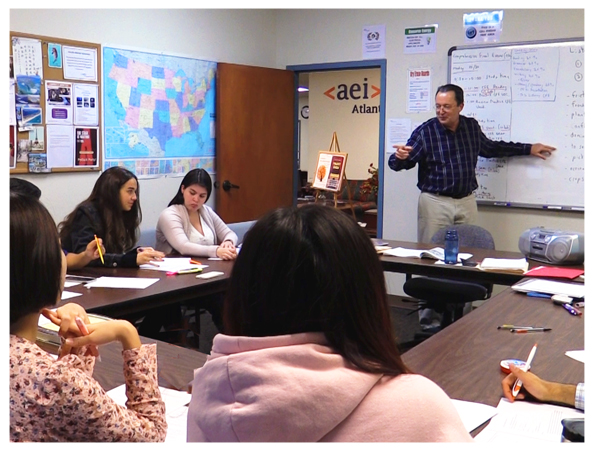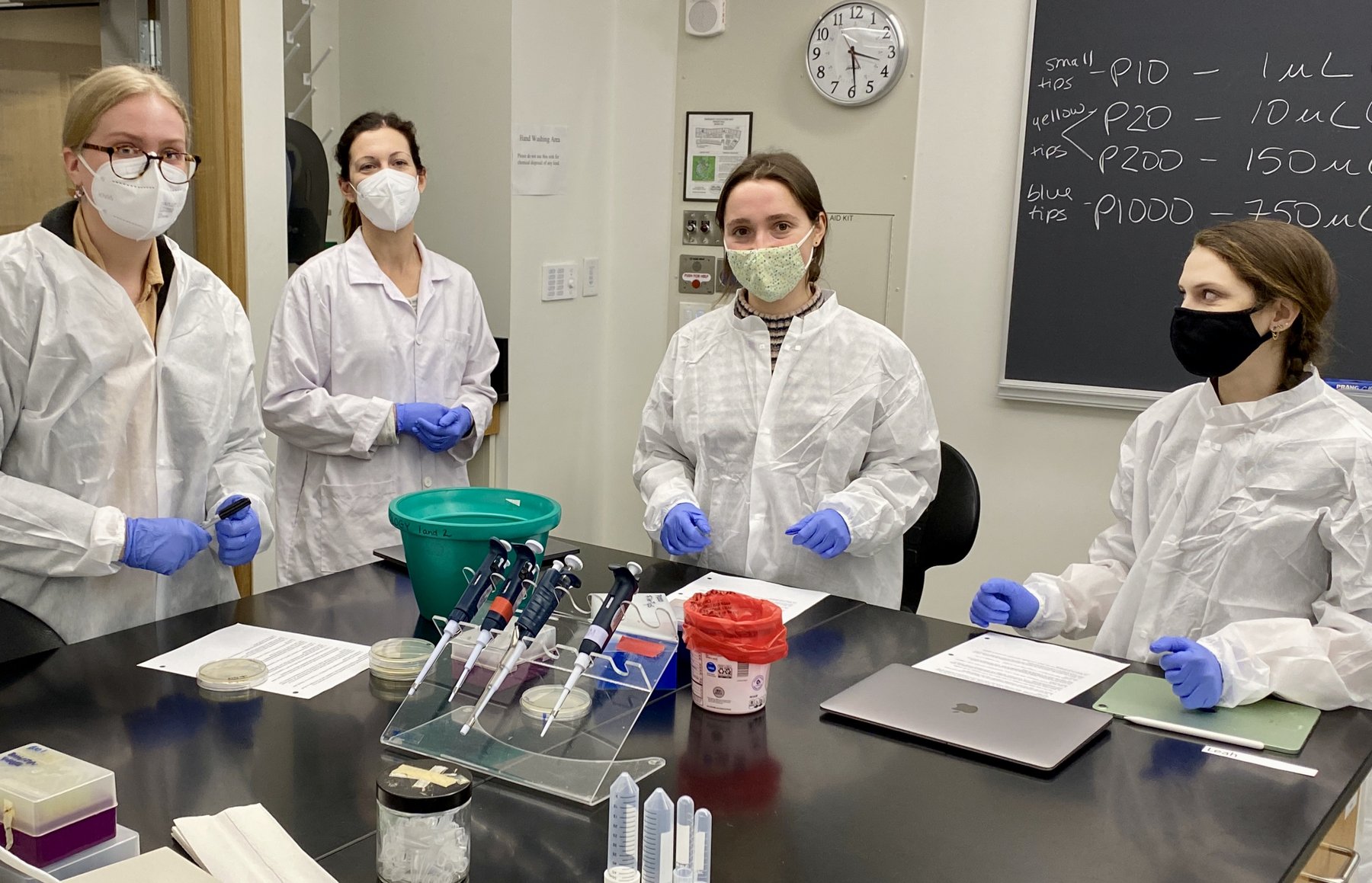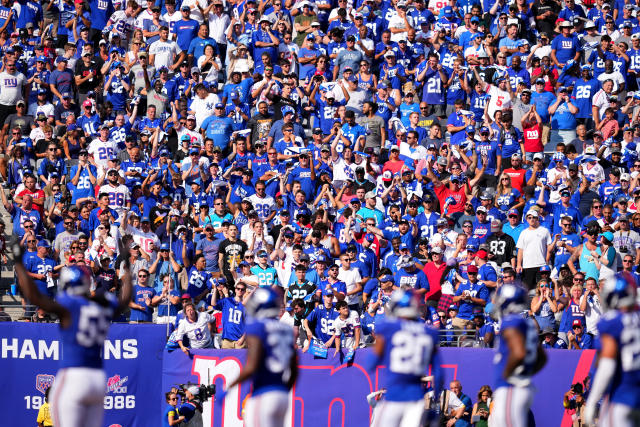Definition
A group of people who view the world in a similar way, share a set of common goals, and have similar forms of communication is regards to their values.
A group or social movement that shares common ideologies in which they share and promote certain values and ideas.
Significance
Discourse communities can be based on personal interests, experiences, values, or anything else that can unite a group of people. Each discourse community is unique, so understanding your discourse community is important to succeed while trying to convey a message or argument. Discourse communities allow for refined language that will be most impactful in that specific group. Within a discourse community there might be commonly used phrases, specific expectations, habits, or a knowledge set that someone outside of the discourse community might not know. This is important to keep in mind as students at a college because the way that we communicate in one class may be very different from the most effective form of discussion in another class because each class is its own discourse community with its own goals, habits, and values.
Discourse is paramount to the progression of ideas in society. These ideas could either exclude or include groups, ideas, and literature. For example, we could engage in discourse on expanding LBGTQ rights, which is significant in furthering understanding of the struggles that members of the LGBTQ community face. However, on the flip side, a discourse community could be extremely negative. Let’s take the Nazi Party for example. The discourse committed by the Nazi Party is one of hatred, eugenics, and propaganda. As history has shown and continues to show, positive and negative community discourse immensely influences how society operates and what is deemed acceptable. In our contrasted example, this discourse can lead to positive legislation protecting the rights of LGBTQ members. In the case of the Nazis, the community discourse can justify exterminating certain groups based on this idea of accepted and practiced discourse.
Examples
An English class can be a discourse community. In this space, students share a similar goal of improving their writing skills, and they will best be able to discuss and communicate with each other with those values and goals in mind.

A biology research lab can be a discourse community. In this space, researchers share a common goal of contributing to science. They have specific habits and knowledge sets that people outside of this discourse community might have a difficult time understanding.

A sports fandom can be a discourse community. In this space members share a goal of wanting their team to succeed. Their conversation and discussions may be extremely specific to their team and the players on that team that someone who is not part of that particular sports fandom will not understand.

Education is a great example of a discourse community; however, it is imperative to consider time’s effect on what this discourse entails. We like to think in the modern confines of discourse as an open topic, inviting different perspectives and narratives. While this is mostly true in today’s educational systems, there were periods of history in which education was segregated and extremely divided by class. In the past, the discourse communities of education included negative components such as hatred, bigotry, and objective theory in subjects we consider fluid today. Community discourse in education sets the margins in which we think, accept, and debate.
